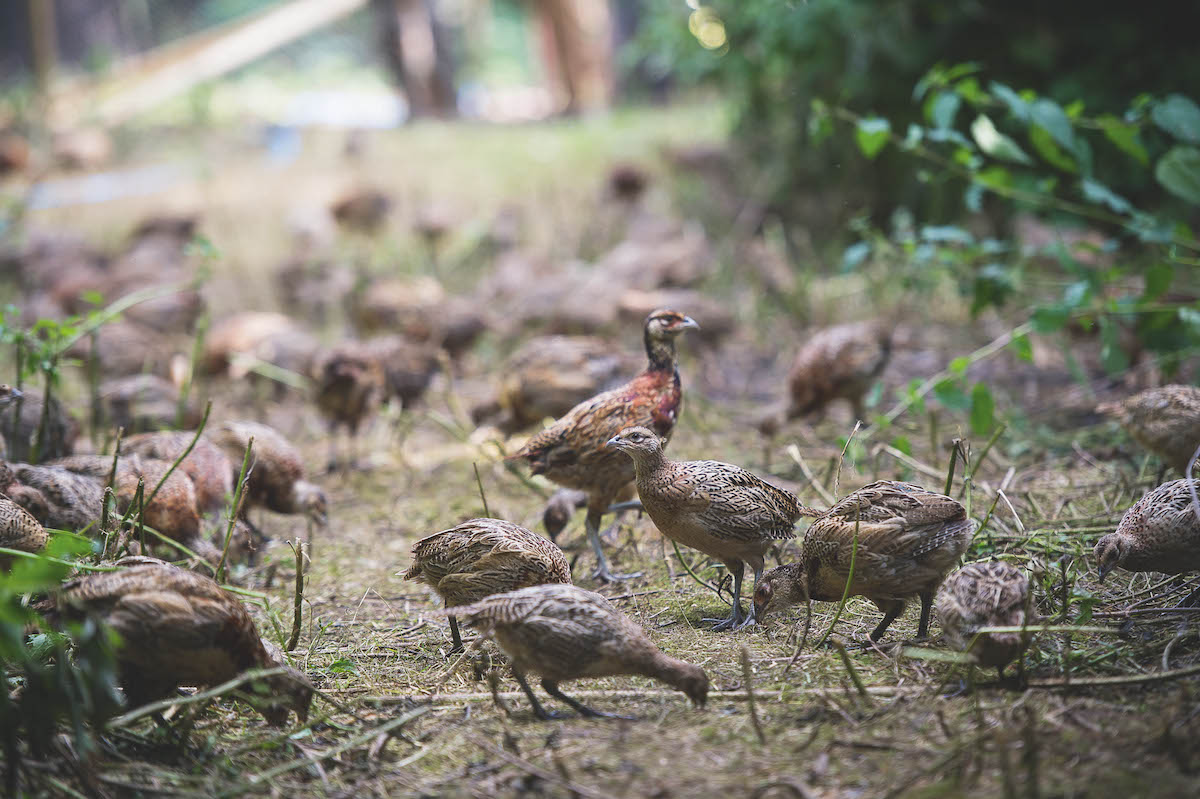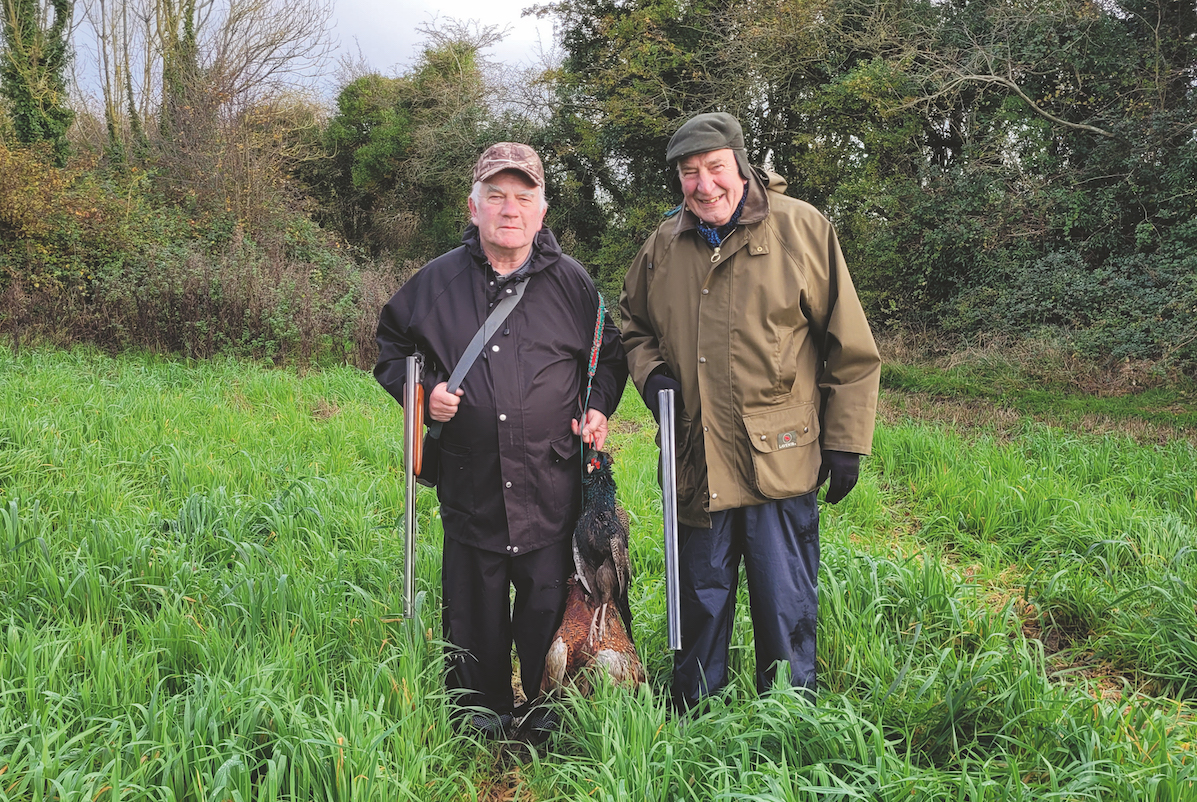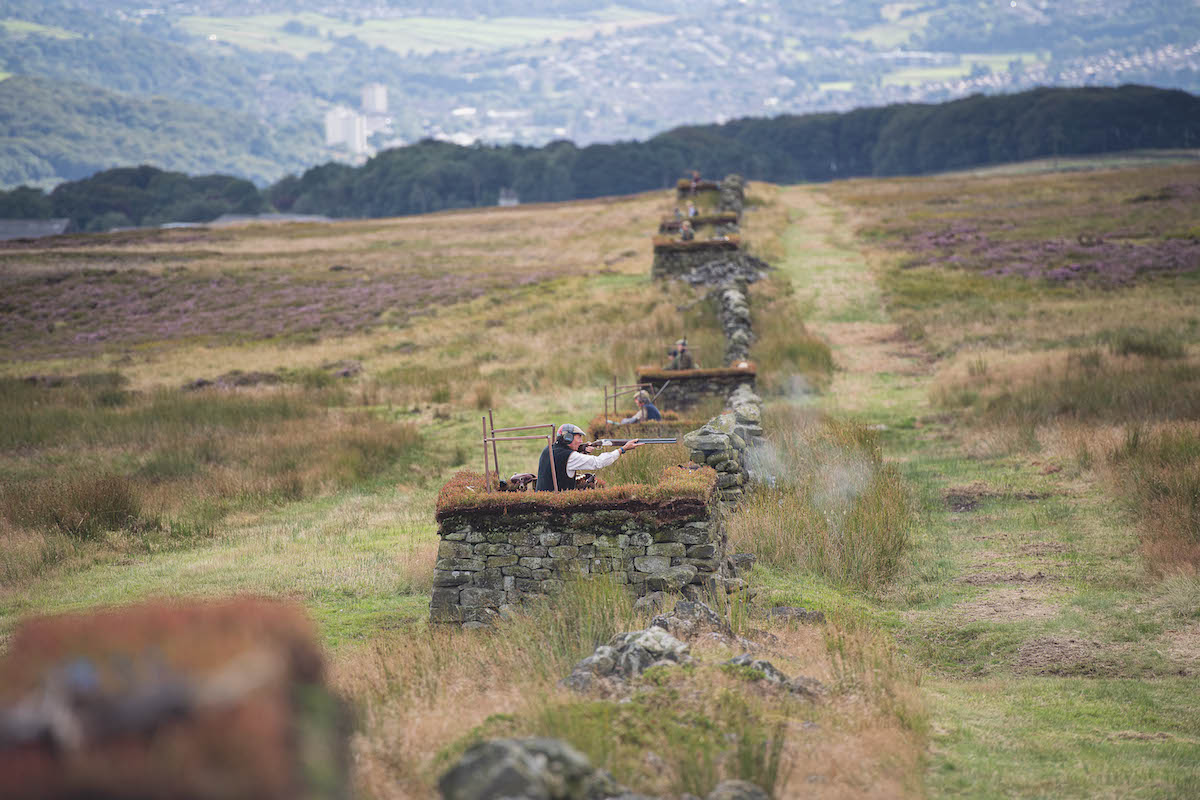Buying poults in 2023
Liam Bell looks at the pitfalls to avoid and the questions to ask to ensure a healthy stock of birds this season

Word of mouth is often the best way to source poults, rather than looking through online adverts
After the worries of the past 12 months, it is reassuring to know that there are few issues relating to the supply of this year’s pheasant eggs, chicks and poults. Barring any major outbreaks of avian influenza, there will be enough birds to go round. Partridge poults are still in relatively short supply, but they are there. While it is unlikely there will be a surplus, game farmers should still be able to fulfil their orders, even if the birds are a week or two late.
Buying poults in 2023
If you are going to give a repeat order to the people who supplied your poults last season, then all well and good, although I would advise you to do it sooner rather than later. If you were unhappy with your birds, were let down by your supplier and are looking for a new one or are about to order poults for the first time, it can be difficult to know where to start.
There are plenty of game farms and rearers advertising online and in the sporting press, but unless they are new to the game or expanding, it does make you wonder why they need to do so when most orders are the result of a recommendation by another customer. My advice would be to talk to your neighbours and see who is offering what locally, before you start looking further afield. And if you do find someone locally with what you want, find out who else they supply and see if you can give them a ring. If they speak highly of them, it is probably enough of a recommendation.
Closer is better
Site visits by potential customers used to be popular, but rearers are so busy and the game farms justifiably concerned about the biosecurity risks posed by visitors that they are now very much a thing of the past. Closer is better because the birds will spend less time on the road, and if the game farm is within an hour’s drive the birds will probably be crated the morning of the delivery — which is preferable to being boxed up the night before and travelling on empty stomachs. The lower their stress levels, the better they will do, and the quicker they will settle when they are put in the pens.
Ask if they have had any problems with them before they drop them off, so you know what to look out for if they start to go down with something and so you can bring your vet up to date if you have to take any in. Most game farms are honest about illnesses and disease, and would rather you know and are aware of any problems they have had and be in a position to treat the birds if the problem reoccurs than pretend they haven’t had any and have you put a claim in for lost poults that could have survived had they been treated earlier.

Allow a minimum of 21 weeks between the date your pheasant poults are hatched and your first shoot date
Unexpected
If you want the poults wing-clipped, ask if they charge and agree a price beforehand. Some charge and some don’t. It is better to know beforehand than have an extra 5–10p a bird unexpectedly added to the price of your poults.
Price is important, because quite naturally none of us want to pay over the odds, but it shouldn’t be the deciding factor when you are choosing who to buy your birds from. Many of the older, more established game farms charge a premium — they get it because their customers know their poults will be well grown (and disease-free), delivered on time and that the type and strain of bird they ordered is what will be delivered. Paying the few extra pence per poult is usually worth the guarantee.
When you have found a game farm, you will need to decide on the strain of bird and the date you’d like them delivered. Allow a minimum of 21 weeks between the date your pheasant poults are hatched and your first shoot date. For red-legged partridge it’s a minimum of 18 weeks. Shooting them sooner risks your Guns shooting immature birds, and while shooting them later is fine you will still need to try to fit all your days in without cramming them in at the end of the season when the birds are wiser and the cover is at its lowest.
Saturday delivery dates are very often reserved for smaller orders, as it gives DIY and syndicate-run shoots a couple of days to settle them in. However, whether they will be able to deliver them on a weekend or not will very much depend on who has got their orders in before you.
Collecting your own birds is another option if you are close enough. Most game farms will be happy for you to do this (as it frees up their drivers), and will have the birds crated up and ready for you to collect at an agreed time. The usual proviso is that you bring the crates back the same day, so they can wash them off and reuse them for another delivery the following morning.
What strain you decide to have will very much be down to personal preference, and while all of them will fly, there are differences in how they hold and perform. Examples of the differences were quite common last season when birds were in short supply. Keepers were in no position to be fussy and accepted what they were offered.
We had pens with mixed strains of poults in them last year, and a couple of pens with strains we don’t normally have. They all flew and they all held relatively well, but some did better than others. The bigger birds held better in the wooded drives and were happy to cross our wider valleys, regardless of the wind. But the smaller strains of bird tended to prefer the game crops and we found them harder to hold. (Read how to keep your poults happy.)
Ultimately, the strain of bird you choose will be up to you or the person who acts as your shoot’s de facto keeper — and if it suits your ground and you know how it behaves, there is very little point in changing strains. (Read how to look after pheasant poults.)
Professional footing
Once you have decided on the strain of bird and your preferred delivery date, get in touch with your supplier and place your order. Ask for an invoice for the deposit and pay it by return. Game farmers have had a tough time of things these past few years and are less likely than they were to chase deposits and deal with shoots that they view as potential bad payers.
Things have quite rightly been put on a more professional footing than they were even five years ago, with many of the rearers no longer willing to take the risk.
Contracts, invoices and deposits are the norm now and the days of buyers conducting a Dutch auction of sorts and haggling over the price appear to be over — as they should be. Cutting corners to keep the price down helps no one in the long run.
You might like to read Mike Swan’s advice on buying high quality poults here.








